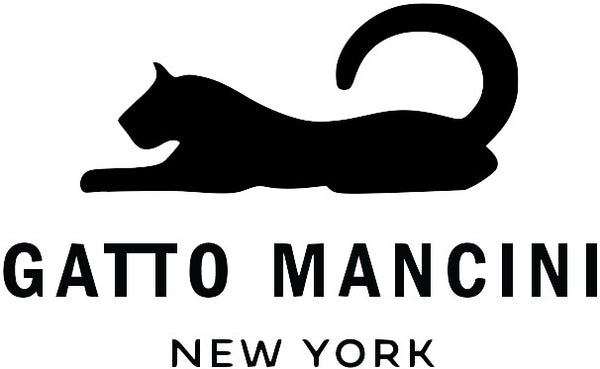While my expertise lies in the realm of gemology and jewelry, I would like to use this space to discuss topics that extend beyond this industry. This article not only taps into the world of fine jewelry but also branches out to address broader societal issues. 💕

The media landscape is undergoing a transformation that leaves many questioning the line between responsible editing and outright censorship. What are the boundaries, and who gets to decide them?
The Erosion of Artistic Freedom and The Artist's Dilemma
When well-known rock musician Chrissie Hynde found herself having to scramble the word "fat" in her new song "Let The Sun Come In" to get airplay, it was a poignant reminder that artists today face an increasingly narrow path of expression. The implications extend far beyond music. Artists across all mediums must now navigate a maze of unwritten rules, risking self-censorship that often emerges from the fear of a vocal minority rather than respect for enduring moral principles.
A Ripple Effect: The Natural Diamond Controversy in Fine Jewelry Design
In the world of fine jewelry design, a similar phenomenon is taking place. The issue around natural diamonds serves as a case in point. A minority, amplified through social media and other platforms, has successfully swayed public perception against natural diamonds, associating them predominantly with ethical dilemmas. While these concerns are not without merit, the consequence is a skewed narrative that overlooks the artistry, heritage, and sustainable practices involved in sourcing and crafting natural diamond pieces.
Chrissie Hynde's Eye-Opening Revelation
But let's dig into what Chrissie Hynde actually said on Sirius XM's "Close to Me": "They refuse to play [my new song] on the radio because you’re not allowed to say fat anymore... there is a very tiny minority that has a very big voice and it’s called the internet, so a lot of these things that none of us agree with, we seem like we are in the minority, we are actually in the majority but the minority has that voice."
Censorship Limits and The Role of Social Media
Are we reaching a point where media guidelines are increasingly restrictive? Guidelines should aim to protect the integrity of public space, not sanitize it into an echo chamber. While steering clear of hate speech is essential, eliminating words like "fat" from the artistic lexicon may be taking caution too far. Social media, with its ability to amplify even the quietest voices, often contributes to these skewed perceptions, making minority opinions appear as majority views.
A Friendly Reminder
Censorship is not new. However, the digital age amplifies its impact, allowing small groups to exert disproportionate influence. Historically, societies thrived when they were able to balance free speech with respect for individual dignity. If we don't take mindful steps, we risk overlooking the majority's voice, subtly tilting the public conversation away from the balanced and meaningful dialogue we value.
The Gatto Mancini Ethos
The essence of Gatto Mancini lies in the fostering of genuine connections, built on a foundation of trust and authenticity. Let's warmly invite one another to stand firm in our convictions and engage in open dialogue, as we navigate the complexities of today's media landscape.

